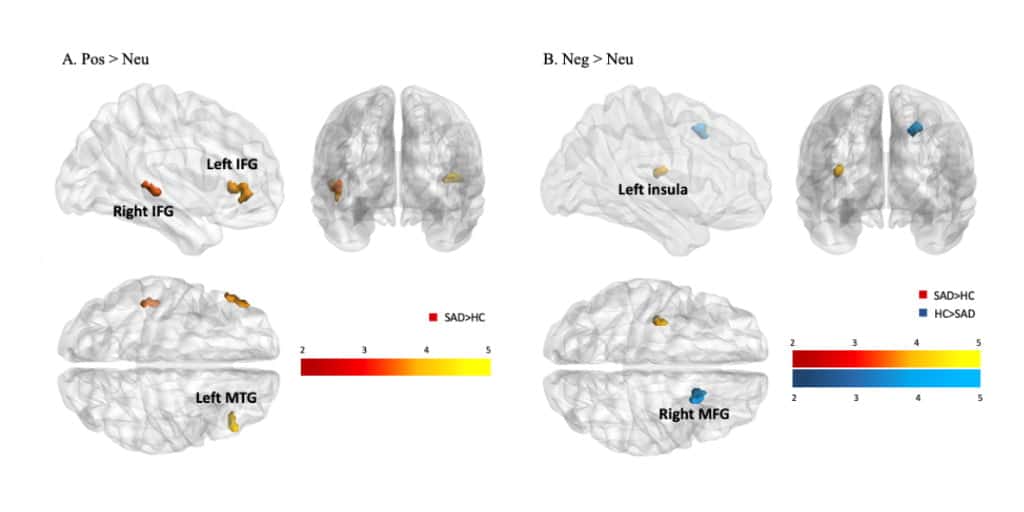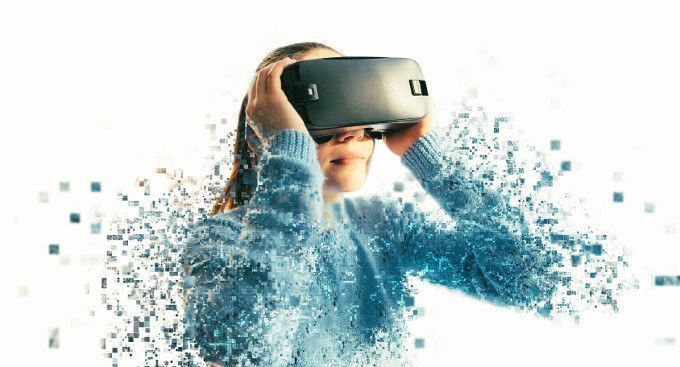A new experiment, published in JMIR Mental Health , tested the effects of virtual reality (VR)-based exposure therapy on patients with social anxiety disorder. The results? Fascinating: Patients showed less social anxiety and negative thoughts after therapy, associating more positive words with themselves.
Ji-Won Hur, the study's principal investigator, had a specific purpose. We set out to explore the effectiveness of VR therapy in treating a particular aspect of social anxiety disorder (SAD). This aspect, called self-referential processing, it works differently in those diagnosed with SAD.
First phase of the research
Initially, participants completed a self-referential processing task under functional magnetic resonance imaging (fMRI). Each of them was presented with neutral, positive or negative words. Patients then had to choose which words they found relevant to themselves.
Following this test, patients with social anxiety disorder then participated in six multi-step virtual reality therapy sessions, each with varying degrees of difficulty. They were placed in anxiety-inducing scenarios in which they had to introduce themselves to others.
We believe that our findings can contribute to a better understanding of the therapeutic efforts of VR-based interventions, which could be included in the routine treatment of social anxiety disorder.
An excerpt from the research

Cuckoo, and social anxiety is no more
After completing treatment, patients underwent another fMRI scan while completing a subsequent self-referential processing task.
It was found that when examining the data, patients with social anxiety disorder showed increased activation in certain parts of the brain during the processing task after undergoing VR therapy treatment. Patients' frontal, temporal and occipital lobes activated more.


